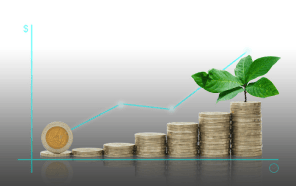FIS Maastricht 2022
The Fiduciary Investors Symposium brings together global investors to highlight best practice investment strategy, governance and implementation and examine structural and systemic risks in the investment industry.
The Fiduciary Investors Symposium brings together global investors to highlight best practice investment strategy, governance and implementation and examine structural and systemic risks in the investment industry.
The sessions I sat in were very insightful and you had a great range of speakers. Nothing beats being at these sessions in person but it was a fabulous opportunity to get exposure to this symposium. The polling questions and being able to ask questions live also made me feel like an active participator in the session.
Anna Weickart
Senior portfolio manager, equities, Cbus Super (Australia)





















